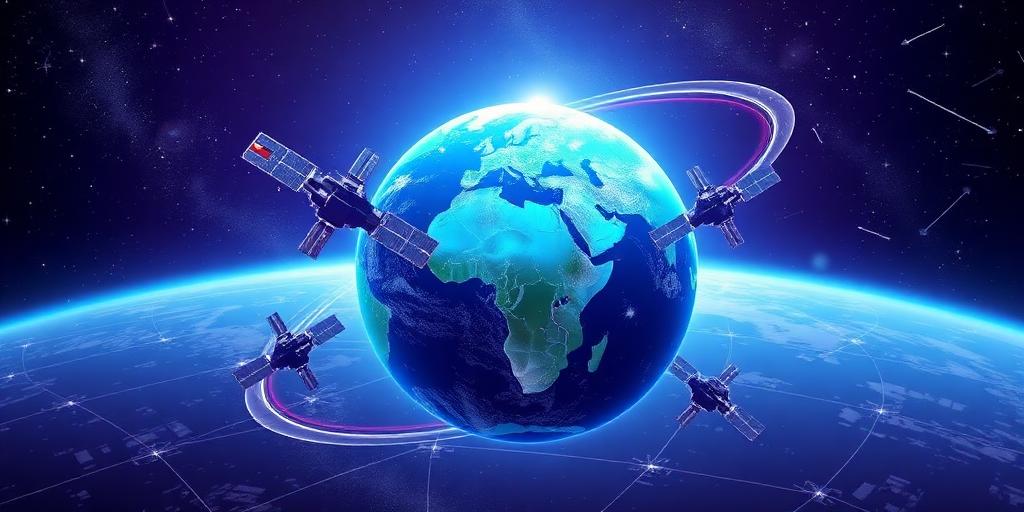The Geopolitics of Outer Space: A New Frontier for International Relations
Outer space, once the exclusive domain of scientific exploration and national pride, has increasingly become a theater of geopolitical competition. As more nations and private companies gain the ability to access and operate in space, the strategic implications for international relations are becoming profound.
The Space Race 2.0: A Multi-Polar World
The original space race during the Cold War was largely a bipolar affair between the United States and the Soviet Union. Today, the landscape is far more complex. Countries like China, India, Japan, and the European Union have developed robust space programs. Additionally, private companies such as SpaceX, Blue Origin, and Virgin Galactic are playing an increasingly prominent role, blurring the lines between state and non-state actors.
This multi-polar environment introduces new dynamics:
- Increased Competition: Nations are vying for dominance in satellite technology, space exploration, and resource utilization.
- New Alliances: Countries are forming partnerships to share resources, expertise, and strategic advantages in space.
- Potential for Conflict: The lack of clear international norms and regulations raises the risk of disputes over orbital slots, resource rights, and military activities.
Key Areas of Geopolitical Competition in Space
- Satellite Technology: Satellites are critical for communication, navigation, surveillance, and military operations. Control over satellite infrastructure provides significant strategic advantages.
- Space Exploration: Lunar and Martian exploration are not just scientific endeavors but also symbols of national prestige and technological prowess. The race to establish a permanent presence on the Moon is particularly intense.
- Space Resource Utilization: The potential to mine asteroids and the Moon for valuable resources like water, helium-3, and rare earth elements has sparked a debate over resource rights and the potential for commercial exploitation.
- Military Activities in Space: The development of anti-satellite weapons (ASATs) and other space-based military technologies raises concerns about the weaponization of space and the potential for an arms race.
International Law and the Governance of Outer Space
The primary legal framework governing activities in outer space is the 1967 Outer Space Treaty. However, this treaty is limited in scope and does not address many of the challenges posed by the current space environment. Key issues include:
- Defining Military Activities: The Outer Space Treaty prohibits the placement of weapons of mass destruction in space but does not clearly define what constitutes a prohibited military activity.
- Resource Rights: There is no international consensus on how to regulate the exploitation of space resources. The U.S. Commercial Space Launch Competitiveness Act of 2015 asserts the right of U.S. citizens to own space resources they extract, but this position is not universally accepted.
- Space Debris: The growing amount of space debris poses a significant threat to operational satellites and future space activities. There is a need for international cooperation to mitigate the creation of new debris and remove existing debris.
The Future of Geopolitics in Outer Space
As space becomes more accessible and strategically important, the geopolitical dynamics will continue to evolve. Key trends to watch include:
- The Rise of China: China's rapid advancements in space technology and its ambitious space exploration goals are reshaping the global space landscape.
- The Role of Private Companies: Private companies will continue to play a major role in space activities, driving innovation and lowering costs.
- The Need for International Cooperation: Addressing the challenges of space governance will require greater international cooperation to establish clear rules, promote responsible behavior, and prevent conflict.
The geopolitics of outer space is a complex and evolving field with significant implications for international security, economic development, and scientific progress. Understanding these dynamics is crucial for policymakers, businesses, and citizens alike.









